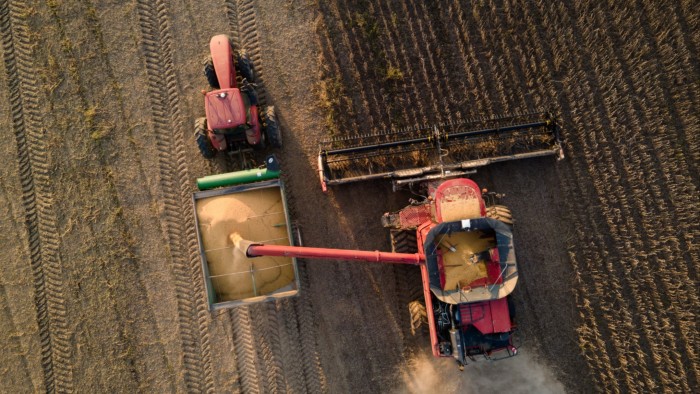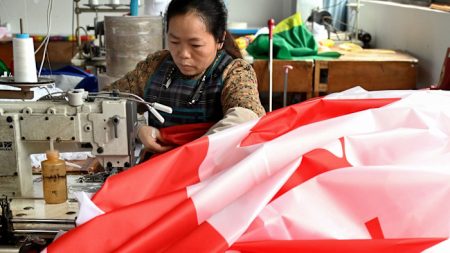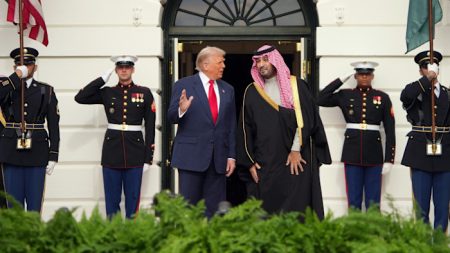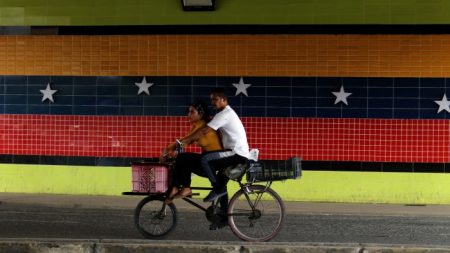Stay informed with free updates
Simply sign up to the EU trade myFT Digest — delivered directly to your inbox.
The EU wants to block imports of certain foodstuffs made to different standards to protect its farmers in an echo of US President Donald Trump’s “reciprocal” trade policy.
The European Commission will agree next week to explore greater import limits, according to three officials, a move that would raise tensions with trading partners. Early targets could include US crops such as soyabeans which are grown using pesticides EU farmers are not allowed to use.
“We have very clear signals from the parliament, very clear signals also from the member states and from our farmers: whatever is banned in the EU, it should be banned in the EU, even if it is an imported product,” health commissioner Olivér Várhelyi said in an interview last month.
Trump on Thursday attacked countries that blocked US products, including the EU, which he said barred shellfish from 48 of the US’s 50 states. He has threatened tariffs on those who do not change their policy.
The commission has long opposed calls from France and other member states for reciprocal treatment, arguing that it could be in breach of WTO rules. The body only allows restrictions on scientific grounds that do not discriminate against imports.
The EU bans many pesticides because they damage plants or animals — even as its health agency has ruled that some are safe to ingest at low levels.
The EU plan is included in a Vision for Agriculture road map drawn up by farm commissioner Christophe Hansen. An official with knowledge of the document plans said it referenced the need to abide by international rules.
“We are only talking about the most hazardous pesticides and there will be an impact assessment to protect competitiveness before any decisions,” one official said, adding that “we need coffee and mangoes and avocados”.
Várhelyi said pesticides using carcinogens, mutagens or endocrine disrupters should not be allowed into the bloc on imported food.
“If science says it is not safe, then we shouldn’t have it.”
“If we want to be scientifically based, then science is universal. So we have to make sure whatever is imported complies with this.”
One such substance is paraquat, a herbicide banned in the EU but used in the US on crops including soyabeans.
Pesticide Action Network Europe, a campaign group, found pesticides such as the fungicide propiconazole and bee-killing neurotoxic insecticides in many imports, according to a report it published earlier this month.
“These substances often appear in ‘pesticide cocktail’ mixtures, and in some cases, their levels exceed the established legal residue limits for individual pesticides,” the group said. “Higher allowed residue limits are often maintained to accommodate international trade partners, jeopardising the health of European citizens.”
Tea and coffee were the most common products with banned pesticide residue, with 38 per cent of tea samples and 23 per cent of coffee. Almost a quarter of samples from India, and 17 per cent from China, both big tea growers, contained banned pesticide residues.
The commission will also include in future trade deals higher animal welfare standards. The EU has rules on the amount of space for hens and calves, cleanliness of accommodation and other things that increase costs for farmers.
One of the officials said it would boost public support for trade deals, after national parliaments have refused to ratify some recent accords because of their perceived impact on farmers and the environment.
Read the full article here















